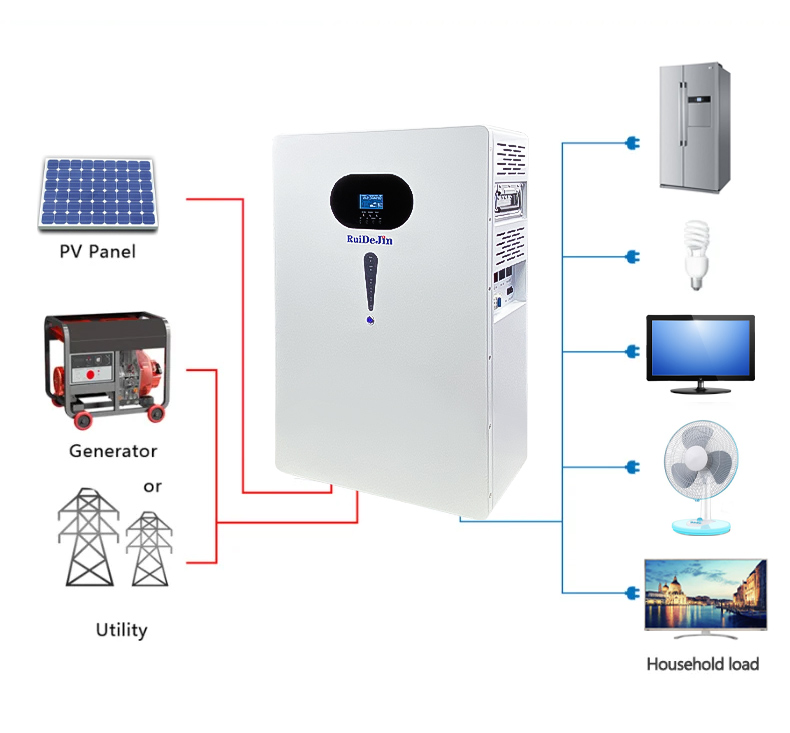Recently, according to foreign media reports, the United States has banned the Pentagon from purchasing batteries produced by six Chinese companies, including CATL and BYD. The report claims that this is an attempt by the United States to further decouple the Pentagon’s supply chain from China.
It is worth mentioning that the regulation is part of the “2024 Fiscal Year National Defense Authorization Act” passed on December 22, 2023. The US Department of Defense will be prohibited from purchasing batteries from six Chinese companies, including CATL, BYD, Vision Energy, EVE Lithium, Guoxuan High Tech, and Haichen Energy, starting from October 2027.
The report also stated that the commercial procurement of American companies will not be affected by relevant measures, such as Ford using technology authorized by CATL to produce electric vehicle batteries in Michigan, and some of Tesla’s batteries also come from BYD.
The US Congress prohibits the Pentagon from purchasing batteries from six Chinese companies
In response to the above incident, on January 22, Guoxuan High tech responded by stating that the ban mainly targets the supply of core batteries by the US Department of Defense, restricts the procurement of military batteries by the Department of Defense, and has no impact on civilian commercial cooperation. The company has not supplied to the US Department of Defense military and has no relevant cooperation plans, so it has no impact on the company.
The response from Yiwei Lithium Energy is also similar to the above response from Guoxuan High tech.
In the eyes of industry insiders, this so-called ban is not the latest update, and the above content is reflected in the “2024 Fiscal Year Defense Authorization Act” signed in December 2023. In addition, the main purpose of the bill is to protect US defense security, therefore it is only aimed at restricting military procurement, not targeting specific companies, and ordinary commercial procurement is not affected. The overall market impact of the bill is extremely limited. At the same time, the six Chinese battery companies targeted by the aforementioned incidents are manufacturers of civilian products, and their products themselves will not be directly sold to foreign military departments.
Although the implementation of the “ban” itself will not have a direct impact on the sales of related companies, it cannot be ignored that the US “2024 Fiscal Year Defense Authorization Act” contains multiple negative provisions related to China. On December 26, 2023, the Chinese Ministry of Foreign Affairs expressed strong dissatisfaction and resolute opposition, and made solemn representations to the US side. Spokesperson Mao Ning of the Ministry of Foreign Affairs stated on the same day that the bill interferes in China’s internal affairs, promotes US military support for Taiwan, and violates the One China principle and the three Sino US joint communiques. This bill exaggerates the threat posed by China, suppresses Chinese enterprises, restricts normal economic and trade exchanges and cultural exchanges between China and the United States, and is not in the interest of either party. The US should abandon Cold War mentality and ideological biases, and create a favorable environment for cooperation in various fields such as China US economy and trade.
Market analysts have stated that the United States has repeatedly targeted Chinese battery new energy companies with clear intentions, undoubtedly aiming to bring the new energy industry chain back to the United States. However, China’s dominant position in the global battery supply chain has made it almost impossible for it to be excluded, and these regulations may lead to a slowdown in the United States’ transition from gasoline vehicles to electric vehicles.
According to research
Post time: Jan-23-2024


